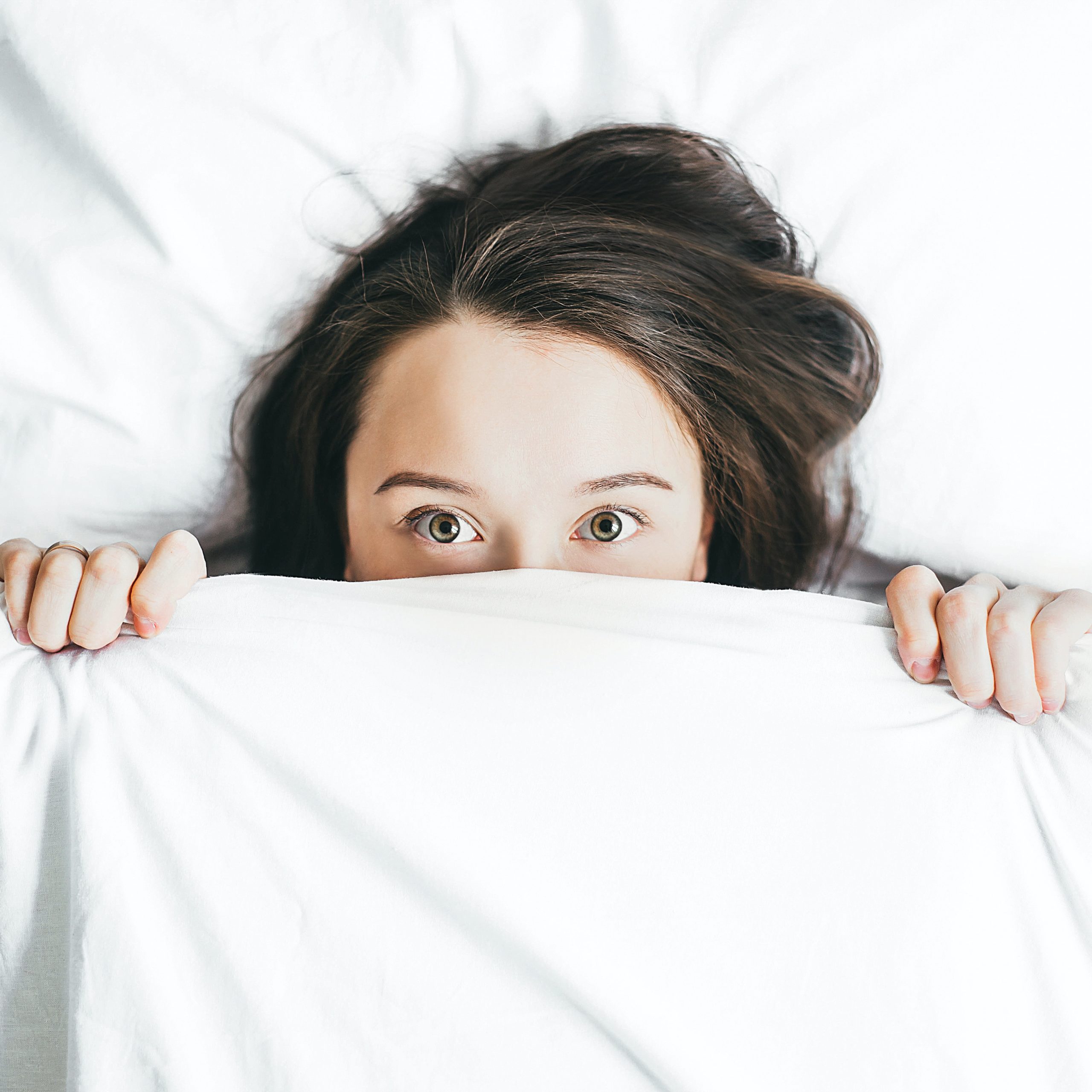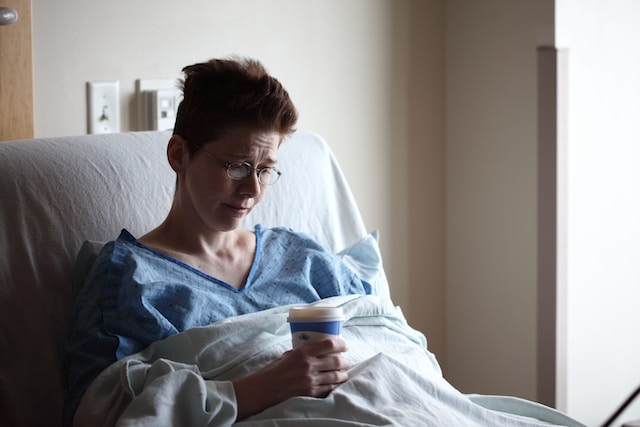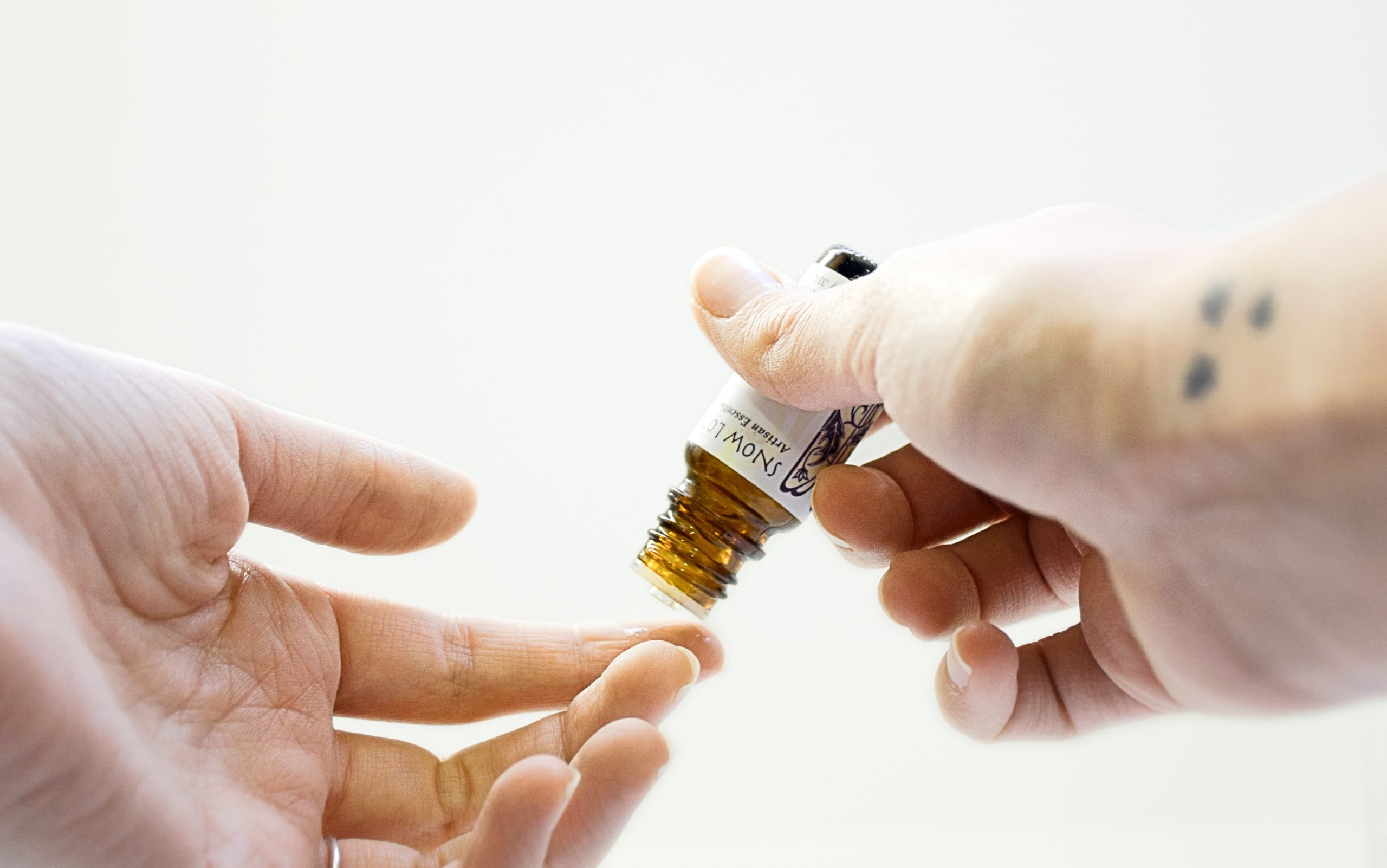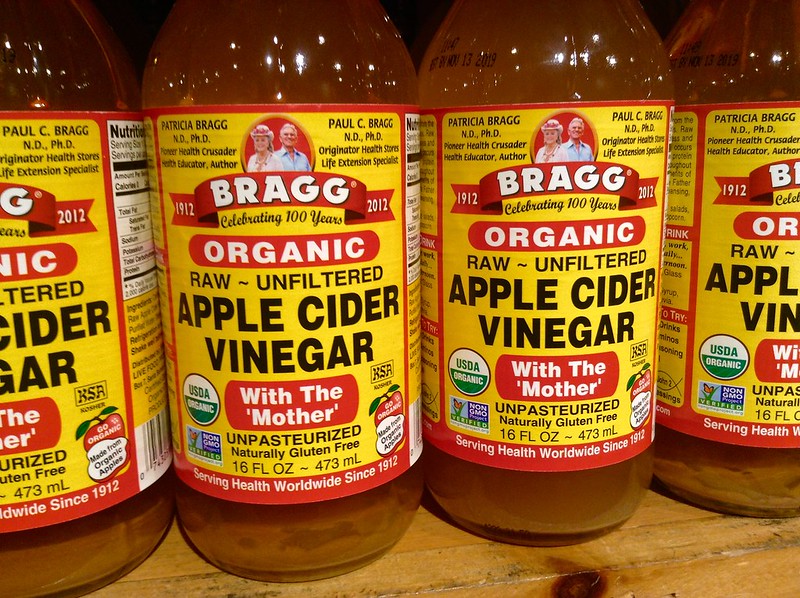Will Alcohol Kill Bed Bugs?
Rubbing alcohol will kill bed bugs if it's applied directly to them, but it can't eliminate an infestation. Using alcohol also carries some risks such as skin irritation, exposure to fumes, and increased flammability.

Rubbing alcohol will kill bed bugs if it's applied directly to them, but it can't eliminate an infestation. Using alcohol also carries some risks such as skin irritation, exposure to fumes, and increased flammability.

When faced with the problem of bed bugs, it’s natural to look around your home to figure out what you can use to kill them quickly. Most people have isopropyl rubbing alcohol in their medicine cabinets, which is great for disinfecting surfaces and cleaning out certain wounds. But is it good for stopping a bed bug infestation in its tracks? Here are some fast facts:

The quick answer to this question is yes, sometimes. If you were to apply the chemical to live bed bugs or their eggs, it’s likely to kill them. It isn’t completely effective in killing live bugs or eggs, however. It’s also ineffective to spray it on your mattress in terms of ending an infestation.
When it comes to bed bugs, you’re only seeing a fraction of the total number of insects. There are also eggs to think about. If you see a live bed bug and you successfully kill it with rubbing alcohol, you’re not solving the problem of all of the other bugs (and eggs) hiding in places you can’t see.
So while you might be able to kill some live bed bugs with an application of rubbing alcohol, you aren’t going to be able to get it into all of the cracks and crevices where they’re hiding. Since bed bugs reproduce extremely quickly, it takes a concerted effort and often professional extermination to truly solve the problem.
In general, rubbing alcohol is safe to use in small amounts. When you use it in large amounts, however, such as if you spray an entire mattress with the alcohol, you’re exposing yourself to fumes that could be dangerous.
If you get it on your skin in small amounts, such as when cleaning a piercing or a scratch, that’s safe. If you pour it on in copious amounts, though, you’ll dehydrate your skin, which can make it dry and irritated. This isn’t much of a danger, but you should keep it in mind if you’re getting the liquid on yourself while spraying or pouring it on live bugs.
Finally, alcohol is extremely flammable. Not only is the liquid itself prone to catching on fire, but so are the vapors. So never use it in a room with an open fire, such as a fireplace, as this is extremely unsafe.
People often ask if rubbing alcohol or bleach can be used to kill bed bugs, and the answer is generally the same: You can kill individual bugs, but you cannot get to the root of the problem and end an infestation. If you kill a few bugs that you find on your mattress, it isn’t going to make much of a difference when it comes to how many bites you get or whether there are bugs living in and around your bed.
There are really no good home remedies to completely eliminate a bed bug infestation, but there are some measures you can take to reduce the number of bugs before and during professional extermination.
First, physically remove as many bugs as you can. Strip the bed and put the sheets and blankets directly in the washing machine. Use the hottest setting to wash them, then dry them on high heat. The heat will kill the bugs and most of the eggs.
Then vacuum the mattress, focusing on creases and corners. Pull the mattress off and vacuum the box spring and all around the bed frame. Move the bed frame away from the wall and use the hose attachment to get all of the nooks and crannies between the baseboard and floor and in any corners. Finally, vacuum the rest of the room. If you have other upholstered furniture (such as a sofa or chair) in the room, then vacuum that, too.
This process will kill many of the bed bugs and eggs, though it’s unlikely to remove them all. You can use a mattress cover that encases the entire mattress to prevent bites from the bugs that will hatch from the eggs left over in the mattress.

Seeing any creepy crawlies on your bed is stressful, but not all of them are necessarily bed bugs. There are a few things you can look for to determine if the bugs you see are actually bed bugs or just bugs in your bed:
You’ll find these signs on your sheets but also in the areas where they hide. When checking your mattress, focus on the seams on the edges and corners, for example. These bugs will also tend to hide in and around the bed frame and in crevices of the headboard. They might be on the floor under the bed. If you have carpet, check the edges where it touches the baseboards.
Other insects that might be sharing your bed could include fleas (if you have furry pets), bird lice (if you have birds), spider beetles, carpet beetles, and baby cockroaches. While it’s not fun to find any of these critters where you sleep, some are easier to get rid of than others, so it’s important to identify what you find. If you aren’t sure, try to catch one or more in a ziplock bag and show it to an exterminator.
The good news is that bed bugs don’t carry diseases. It would be very unusual for anyone to get sick from bed bug bites. The exceptions would be severe allergic reactions, which are exceedingly rare, and an infection from the bites themselves. In general, infected bed bug bites happen when someone scratches them excessively and if they’re in a situation where there’s a lot of bacteria around to get into the wound.
So while bed bugs are certainly unpleasant, they are not an emergent health concern. You should get them taken care of as soon as possible, of course, because they multiply rapidly. Treating the room or the house for bed bugs takes a couple of weeks in most cases, and more than one treatment is often needed.
Featured image by ajay_suresh / Flickr
Article image by Medill DC / Flickr
Article image by JayMantry / Flickr

If you’ve been up scratching at night, you might have one question: Can permethrin kill bed bugs? The answer is yes, it certainly can.

Can bed bugs make you sick? They can, in some cases. If you’re dealing with bed bugs, you could also be at risk for allergies, itching, insomnia, infections, and more.

With so many uses, peppermint oil is a powerhouse when it comes to reducing various physical maladies and cleaning. But does peppermint oil kill bed bugs?

Vinegar has a lot of uses in the home, and it’s often touted as a way to repel or even kill insects. But does vinegar kill bed bugs? Let’s find out.

Does Raid kill bed bugs? After all, it makes quick work of ants, cockroaches, and other household pests. It’s a common question and one that has a multifaceted response.